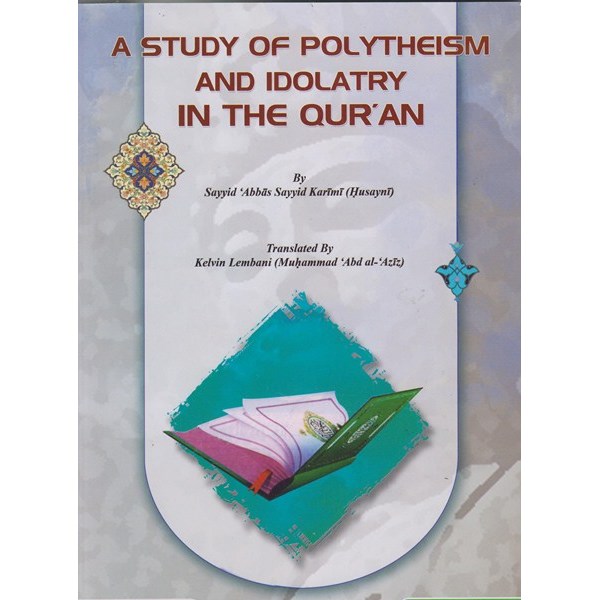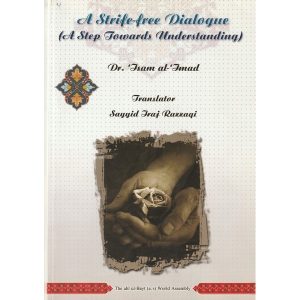| Content | Principles of good governance in the letter of Ali to al-Ashtar refers to a set of instructions and advice for rulers, reputedly addressed at Malik al-Ashtar (d. 657), the Arab military commander and an ardent supporter of Ali ibn Abi Talib (d. 661), who was the fourth Rashidun caliph (r. 656–661), the first Shia imam, and the cousin and son-in-law of the Islamic prophet Muhammad. The letter is attributed to Ali and outlines his conception of just and righteous governance, following the appointment of al-Ashtar as the new governor of Egypt circa 657 CE. Among the earliest extant records about Islamic rule, the letter has received considerable attention throughout the Muslim history as a blueprint for Islamic governance. The theme of the letter can be summarized as justice and compassion for all, regardless of class, creed, and color. Malik was killed en route to Egypt to assume his new post at the instigation of Mu'awiya, the archenemy of Ali.
HEAVILY SUBSIDIZED BY WWW.ISLAMICTHOUGHT.CO.UK | The layout of this book has been made according to the syllabus of Hussaini Madrasah Peterborough. These pages are made for endless fun at home, so children can enjoy them. They can also be photo copied for teaching resources. Each page is full of fun filled, as well as priceless teachings of the Hoy prophet (pbuh) and the Imams.
Topics in word searches. 1 Adhan 2 Ikamah 3 Salaat 4 Mutahhiraat 5 Najasat 6 Tayammum 7 Jabira 8 Shakiyaat 9 doubts 10 Khums 11 Zakaat 12 Hajj
HEAVILY SUBSIDIZED BY WWW.ISLAMICTHOUGHT.CO.UK | Since 9/11, "Islam" has become a buzzword, conjuring fiery images of fundamentalists and fanatics on a mission to bring down Western culture. This sensible book is a welcome reminder that Islam is a much more complex belief system -- one that in fact reflects and teaches progressive, humane values. Jafri covers progressive concepts of Islam, sectarian violence in the Islamic world, international terrorism and peace, the concept of social justice, freedom and rationalism in Islam, the status of women and human rights, and more. | A series of letters debating Shi'i and Sunni beliefs between the late Shi'i scholar Sharaf al-Din, and the late Sunni scholar and head of Al-Azhar university of that time, Al-Shaykh Salim al-Bishri al-Maliki. The written form of the debates in book, has the advantage that the two parties had the opportunity to provide the best possible replies they could give. The book is written without any disrespect and under mutual fairness. This is one of the most important books that provides a well-argued account of Shiite beliefs, drawing upon reliable sources with a persuasive tone.
HEAVILY SUBSIDIZED BY WWW.ISLAMICTHOUGHT.CO.UK | This text presents an analysis of polytheism with respect to God and idols, using the Holy Quran as reference. It also studies idolatry with respect to resurrection and refutes that concept logically while explaining the essence of monotheism.
HEAVILY SUBSIDIZED BY WWW.ISLAMICTHOUGHT.CO.UK | Compiled By. Zaynab this book takes you into lives people who have converted to Islam by sister Zainab who herself is a convert also, if you want to work with people who are interested in Islam then book is for you.
Heavily subsidized by www.islamicthought.co.uk |












Reviews
There are no reviews yet.